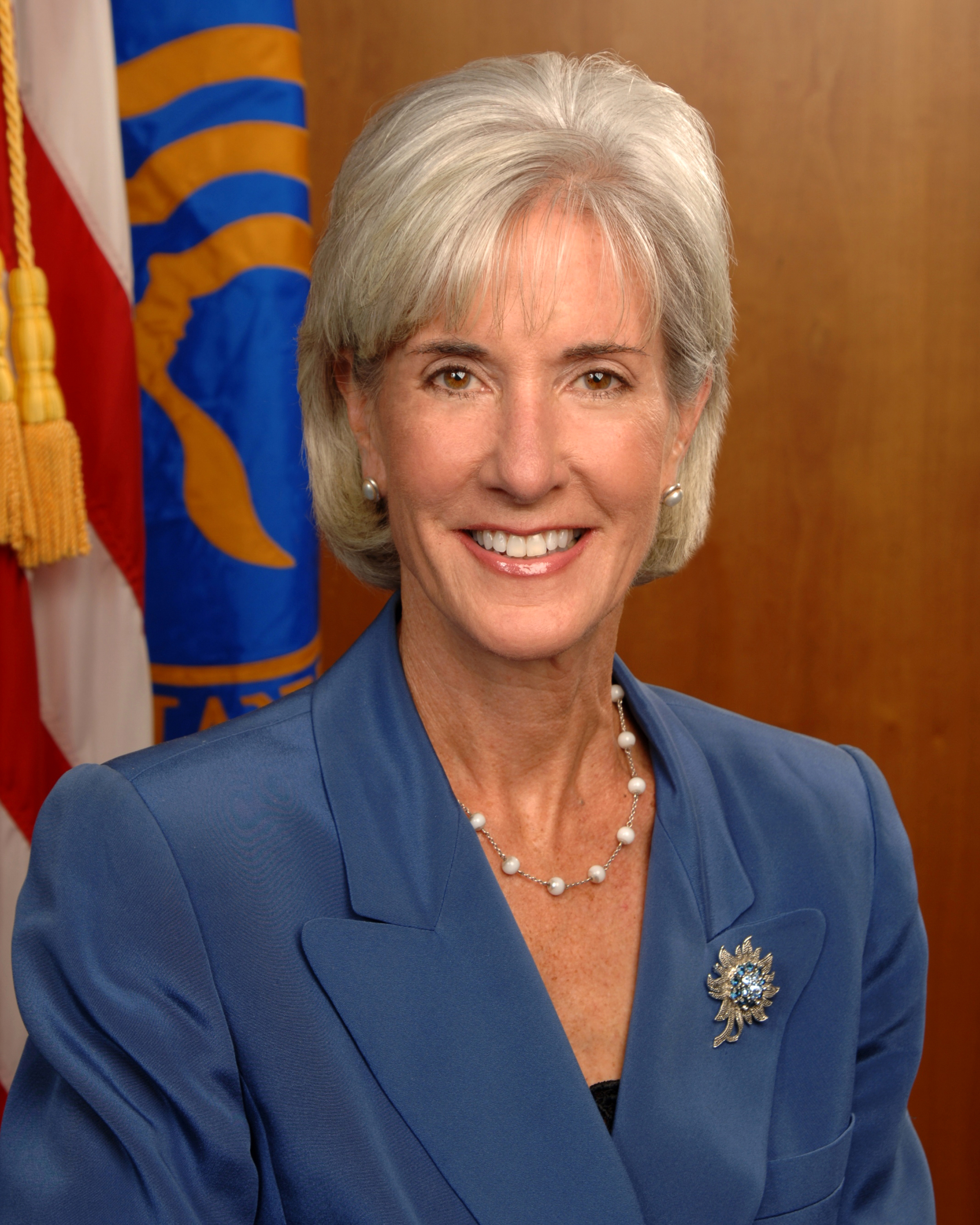Images source: Wikipedia
In December of 2011, the Food and Drug Administration (FDA) issued a report that found Plan B One Step, a “morning after” pill, was safe for all females of childbearing age and met the standards for over-the-counter drugs. Therefore, they decided this pill should be available to women of any age over-the-counter; previously, girls under 17 years old needed a prescription. However, the head of the Department of Health and Human Services (DHHS), Secretary Kathleen Sebelius, overruled the FDA’s decision on December 7, 2011. The implications of her decision go far beyond young women having restricted access to a safe and effective drug.
I would like to put aside political and social leanings and highlight that Secretary Sebelius has set a very dangerous precedent. Although the head of DHHS technically has the right to overrule the FDA, this has never been done before. The FDA is a fairly autonomous body for good reason--they can make extremely important decisions regarding what products are safe and useful without political orientation becoming a factor. Now, Secretary Sebelius has opened the door for future DHHS leaders to ignore the facts and influence important food and drug policy based on political climate and preferences rather than scientific evidence.
Regardless of whether Sebelius’s decision was driven by political factors, it was destructive. The FDA is a large organization designed to assess the scientific integrity of clinical trials and make decisions about what drugs are safe and effective for us. Now she, as an individual, has discredited and debilitated the FDA’s efforts, and paved the road for others (who may not be as informed or well-intentioned) to do the same.
One of the main reasons I joined Yale Science Diplomats was to actively mend this sort of disconnect between science and policy… needless to say I’m extremely disappointed by Secretary Sebelius’s decision.
Related links:
-Becky van den Honert
1st year Psychology graduate student
This post represents the views of an individual author, and does not necessarily reflect the views of Yale Science Diplomats.

While home care typically includes room, housekeeping and cleaning services, home health care usually includes helping the elderly sick or injured to recover. This is why people who provide home care are often licensed practical nurses, therapists, home health aides.
ReplyDeleteVodni filter